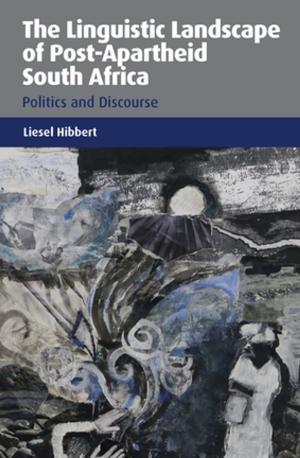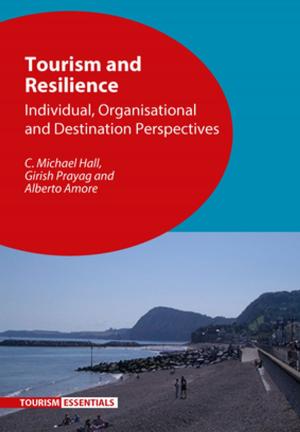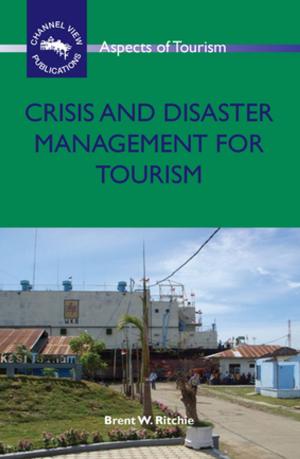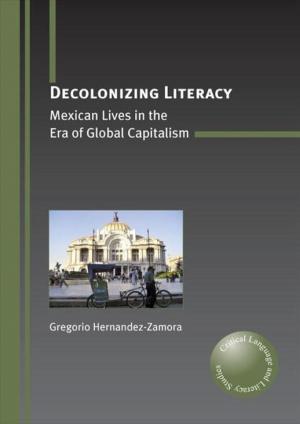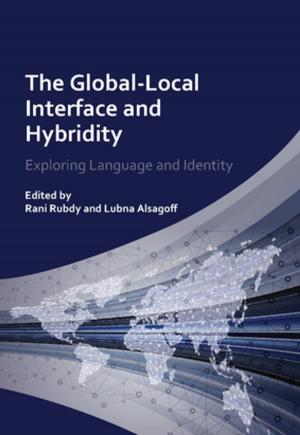Language Ideology, Policy and Planning in Peru
Nonfiction, Reference & Language, Language Arts, Linguistics, Social & Cultural Studies, Social Science, Cultural Studies, Ethnic Studies| Author: | Serafín M. Coronel-Molina | ISBN: | 9781783094264 |
| Publisher: | Channel View Publications | Publication: | September 14, 2015 |
| Imprint: | Multilingual Matters | Language: | English |
| Author: | Serafín M. Coronel-Molina |
| ISBN: | 9781783094264 |
| Publisher: | Channel View Publications |
| Publication: | September 14, 2015 |
| Imprint: | Multilingual Matters |
| Language: | English |
This book explores the role of language academies in preserving and revitalizing minority or endangered languages. The author studies the controversial High Academy of the Quechua Language (HAQL) in Peru, the efficacy of which has been questioned by some experts. The book delves into the positions, attitudes, ideologies and practices of the HAQL and the role it has played in language policy and planning in the Andean region. The author uses ethnographic fieldwork to support what was previously only anecdotal evidence from individuals viewing the Academy from the outside. This book would appeal to anyone studying the sociolinguistics of the Quechua language, as well as to those studying broader issues of Indigenous language policy and planning, maintenance and revitalization.
This book explores the role of language academies in preserving and revitalizing minority or endangered languages. The author studies the controversial High Academy of the Quechua Language (HAQL) in Peru, the efficacy of which has been questioned by some experts. The book delves into the positions, attitudes, ideologies and practices of the HAQL and the role it has played in language policy and planning in the Andean region. The author uses ethnographic fieldwork to support what was previously only anecdotal evidence from individuals viewing the Academy from the outside. This book would appeal to anyone studying the sociolinguistics of the Quechua language, as well as to those studying broader issues of Indigenous language policy and planning, maintenance and revitalization.



